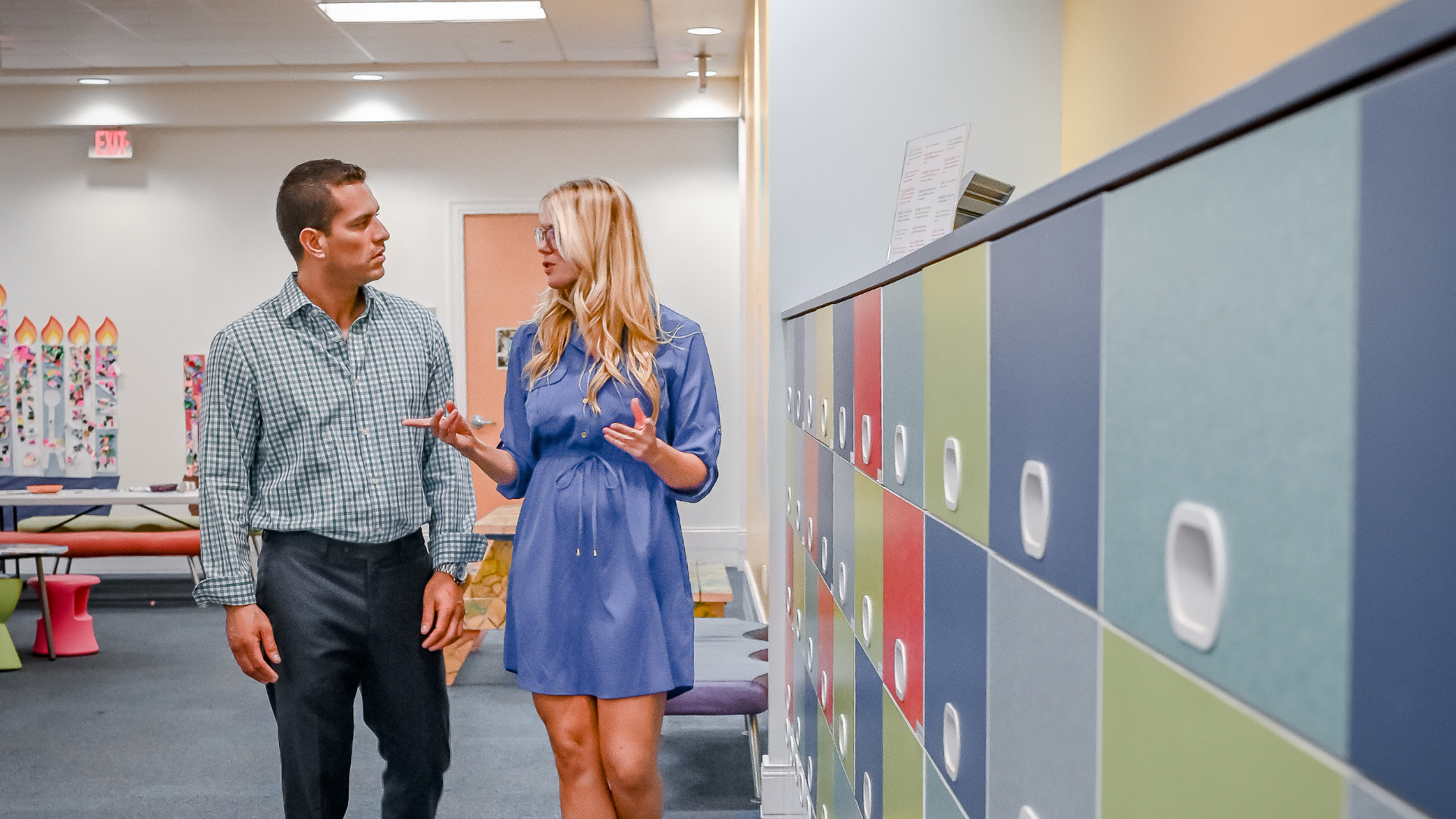
Nothing brings excitement to a teenager more than turning 13 and becoming a bar or bat mitzvah. But planning this momentous occasion, especially if this is your child’s first mitzvah, may seem daunting. It can be easy to feel overwhelmed with planning and decisions, and it can be hard to know where to start.
Your daughter is growing up and celebrating a major milestone in her life: she is becoming a Bat Mitzvah! That means that, very soon, your daughter will be a rite of passage, or bat mitzvah, into Jewish adulthood. Along with this rite of passage comes new responsibilities, which include planning the Bat Mitzvah party, selecting a Torah, learning the prayer, and honoring the values of the Torah.
Here Are the Guide for Planning a Bat Mitzvah:
Choose Your Date
Planning a Bat Mitzvah can be exciting—and stressful. But once you figure out your guest list, send out invitations, and find a venue, you will finally be ready to choose the perfect date. The day you choose impacts everyone in your close circle: your family and friends, and of course, you. Many people choose the date of their Bat Mitzvah based on how it will affect the guest list. So, how do you select a date that everyone will be thrilled to celebrate with you?
Book Your Party Venue
Planning a Bat Mitzvah is a tremendous undertaking. It is the culmination of your child’s hard work and effort and a chance to celebrate their achievement with family and friends. But planning an event of this magnitude can be overwhelming—you have to drum up the guest list, find the ideal party venue, and book vendors for catering, music, photography, and other needs.
Plan your food and beverages
Planning a bat mitzvah is a lot of work. There is so much to do, from making sure all the decorations are ready and ensuring you have enough chairs and tables for everyone to making sure everyone knows the theme. And planning the food and beverages for your bat mitzvah is an important part of the planning process too.
Choose Your Theme
Choosing the right theme for your daughter’s bat mitzvah means taking some time to think about who she is as a person and what she wants her event to be. Is your daughter a traditionalist? Want an over-the-top production? Or, maybe she is more of a laid-back kind of girl. Whatever her personality, you can find a theme that will resonate with her and your guests.
You Can Hire Your Entertainment
Planning a bat mitzvah is an exciting time in a child’s life. It is an occasion where her family and friends can be together and celebrate her status as a Jewish adult. It can also be expensive, as bat mitzvah celebrations often include entertainment, decorations, and party favors. This guide will walk you through the planning steps, from deciding on a date to hiring your entertainment.
Send Your Invitations
The big day is fast approaching, and you have finally nailed down the details of the party. The guest list has been set, the venue is booked, decorations are planned, and the menu is set. But you still need to send out invitations—and you have to do it just right. There is no room for errors or delays, so you will need to plan to have a backup plan in case you run into any snags.
Managing Out-of-Town Guests
Producing the perfect celebration for your daughter’s bat mitzvah is difficult. One of the most daunting tasks is finding the perfect venue. Though you may think that you have already found the best place for your celebration, some venues will require extra planning in order to accommodate out-of-town guests. So, how do you plan a bat mitzvah celebration that your guests will appreciate and that you will appreciate?
Special Transportation Arrangements
Planning a Bat Mitzvah is no easy task, but it should not be daunting. Whether you have a year to plan for your daughter’s Bat Mitzvah, which, for many, is a once-in-a-lifetime event, or you need to wrap up all the details within a few weeks, there are plenty of resources to help you along the way. You can start gathering information from the synagogue’s website to see if there are special arrangements that can be made, such as a limo for your guests or a special menu for the event.









